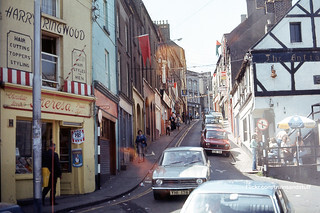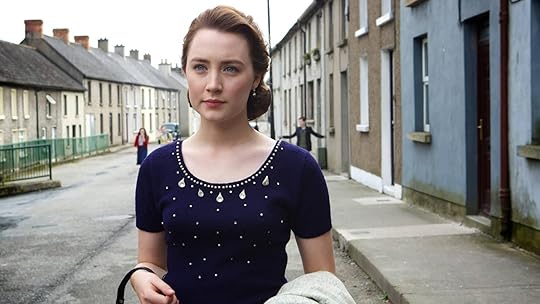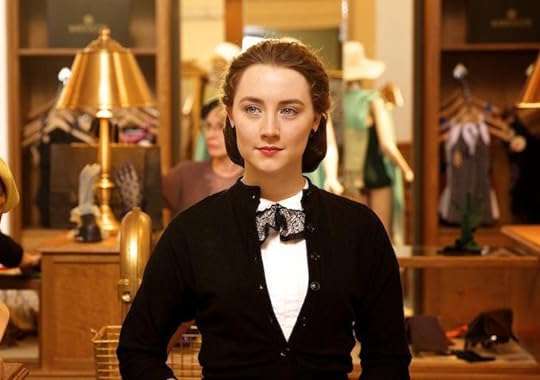What do you think?
Rate this book


262 pages, Hardcover
First published April 29, 2009







It was slow going throughout most of the story with a kind of monotone dialogue, and while I did find Eilis's initial trip from Ireland to America kind of fun and interesting, her life while in America was day-after-day of repetitive boredom for the reader. (at least for me)
As for Eilis herself, at first I thought she showed strength of character and heart, but by the end of the story, well.....I admit to hoping for her demise! I liked Tony, but felt sorry for him in the end as well as for Jim and Rose. As for the rest of the characters......GEESH! The best part of the novel for me were the baseball discussions while the Brooklyn Dodgers played at Ebbets Field.
Will probably still see the movie and hope for the best.
Update: March 28, 2016 Thought the movie was much better than the book, but probably not one I would rent again.......too many books to read.















